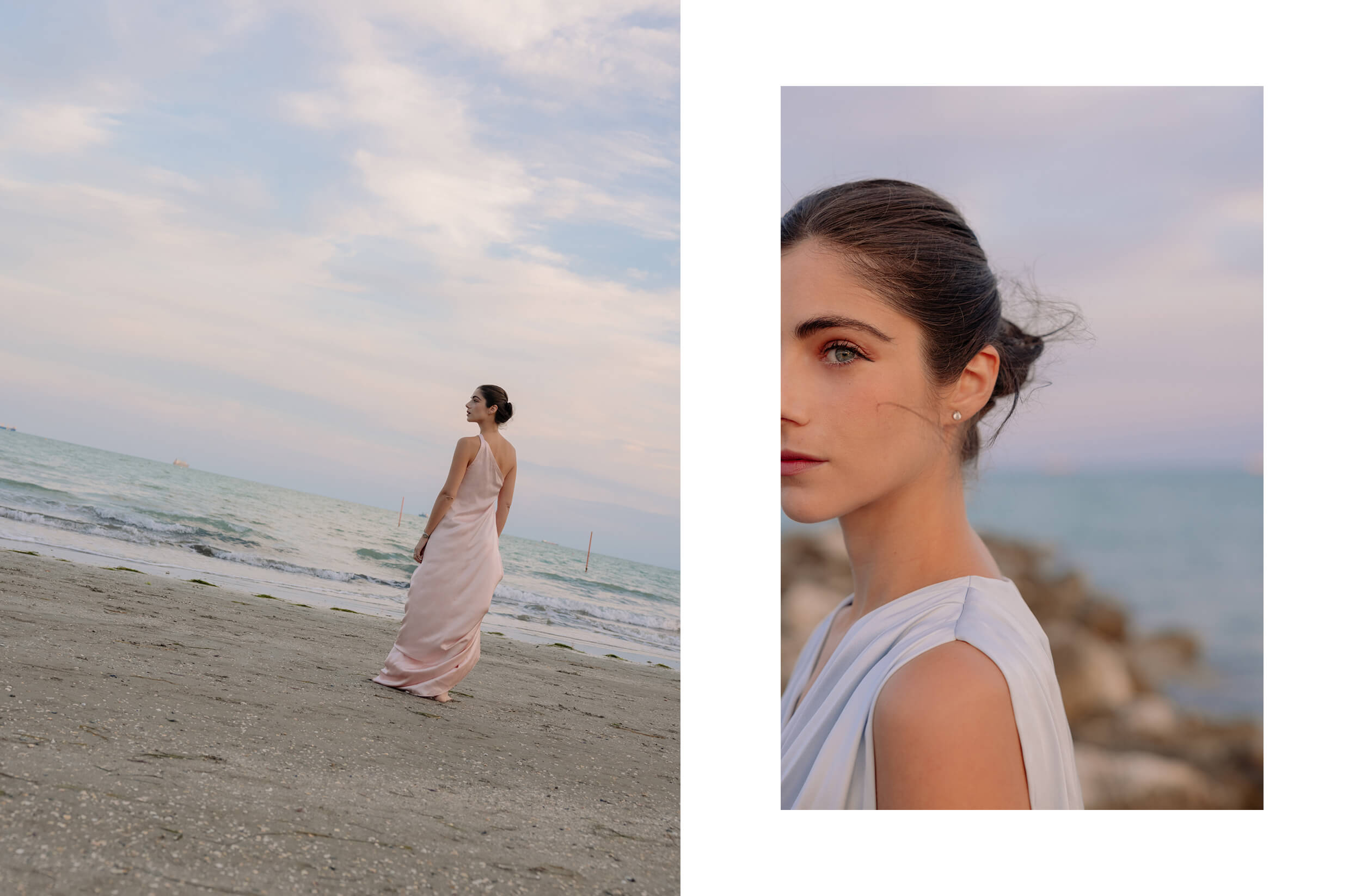Artistic experiences are always opportunities for personal and human growth. Quote by Maria Vera Ratti. The actress with an international background, after studying in the Netherlands and earning a degree in political science, discovered her passion for acting, growing artistically at the Centro Sperimentale di Cinematografia in Rome. Through roles in TV dramas and films, Maria Vera has explored different contexts, always finding new sources of inspiration and learning.
In our chat, we talked about what it means to be an actor. For Maria Vera, it is essential to immerse herself in the script and face challenges on set with concentration and generosity, as she did in one of her recent projects, the series “La vita bugiarda degli adulti” by Edoardo De Angelis. Between the present and the future, Maria Vera focuses on sincerity and independence, aspiring to always tell stories that move her emotionally.
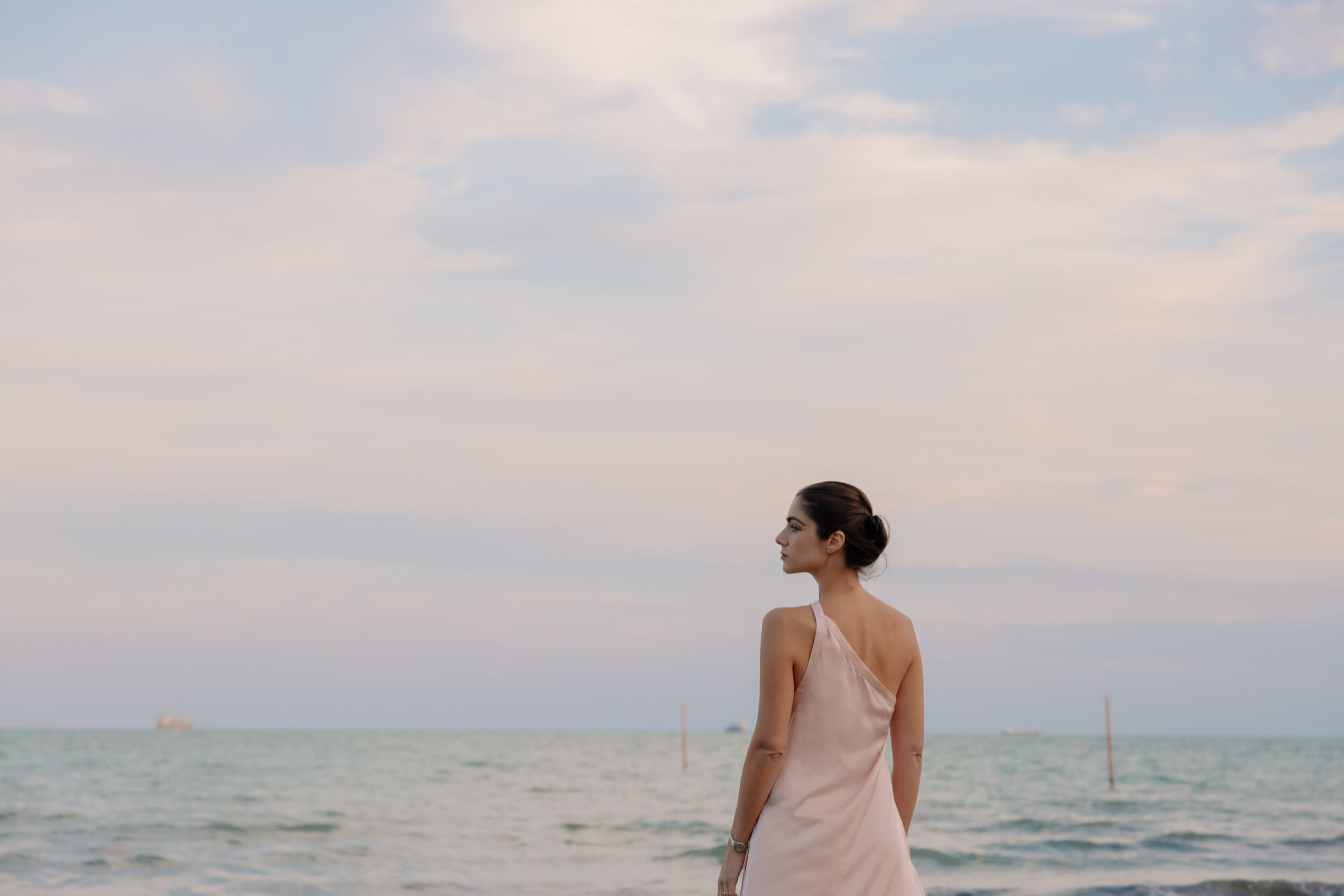
Where does your curiosity for the world of acting come from, and what led you to pursue this path, especially after studying in the Netherlands and earning a degree in political science?
I graduated out of inertia, wanting to please everyone, but I couldn’t find a purpose. Then, by chance, feeling disoriented, I ended up at the “Prima del teatro” seminar (which I always recommend to everyone), where I met true masters, and from there, I understood that this had to become my life.
Then, admission to the Centro Sperimentale di Cinematografia in Rome. How did this experience contribute to your artistic and personal growth?
The center made me fall in love with cinema.
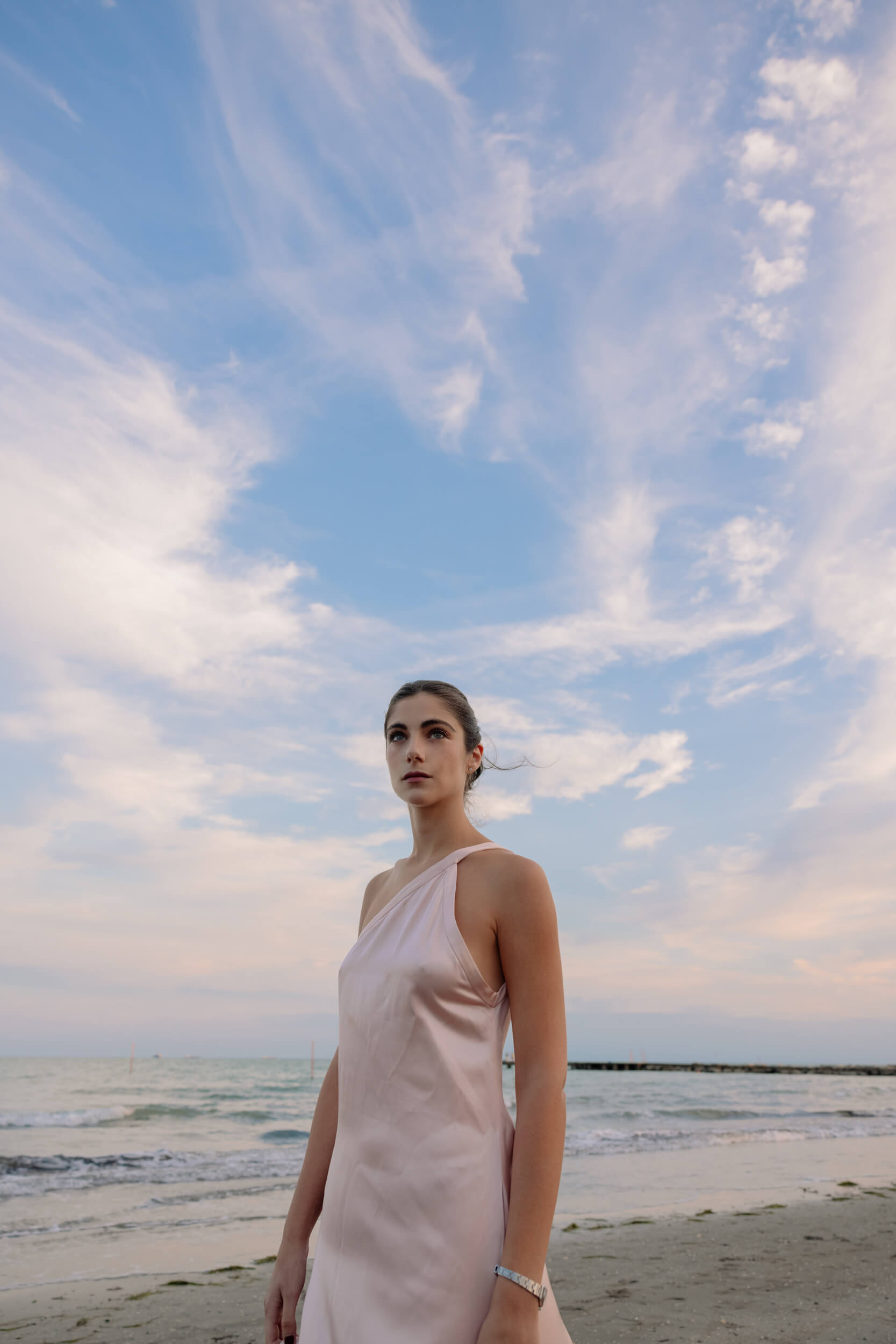
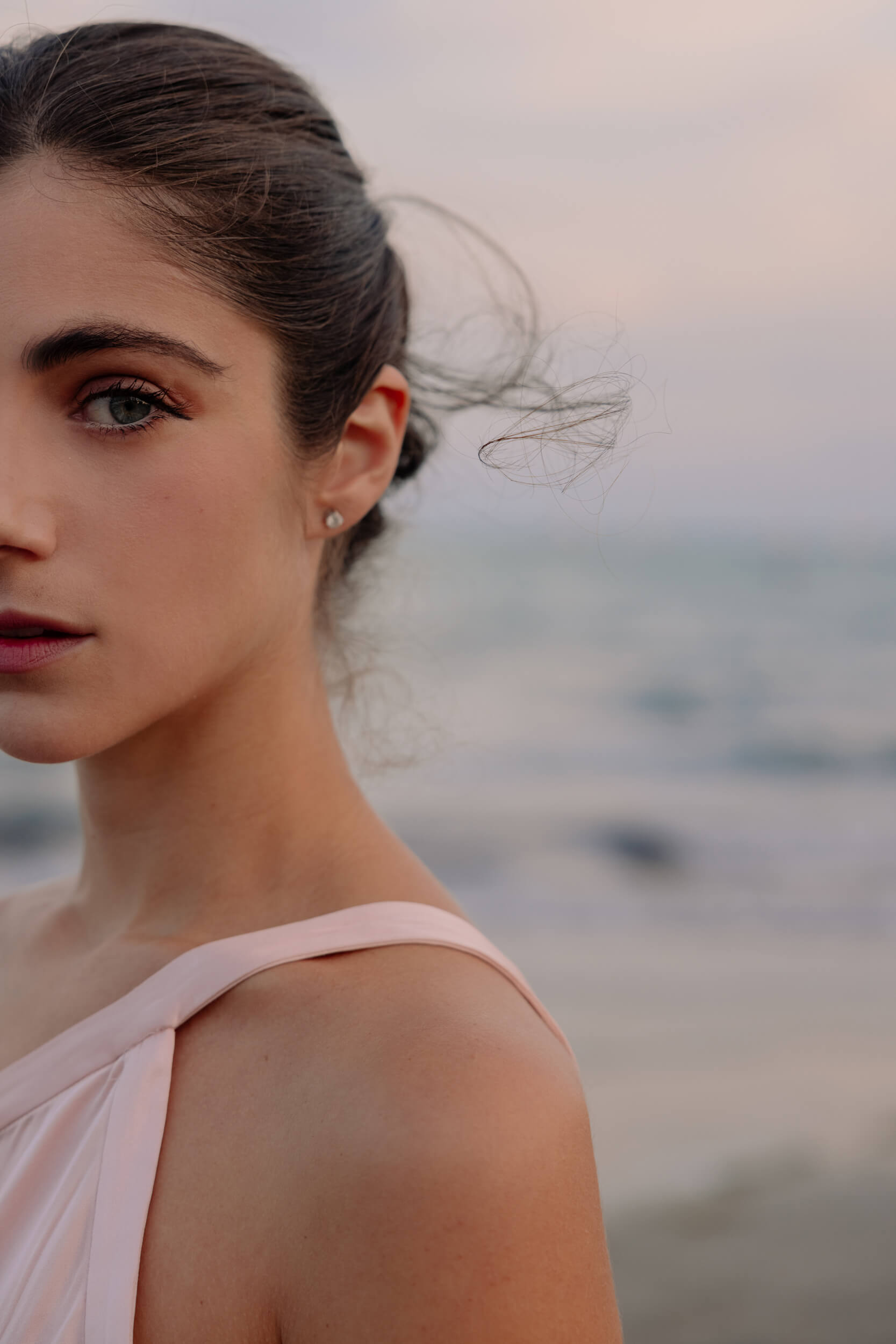
You have worked in numerous successful TV dramas and films. What do you find most stimulating in portraying characters in more or less specific historical contexts?
I really enjoy making period films. At first, it intimidated me; it seemed like I had to study more, and it’s true because there are additional objective circumstances to respect. However, I discovered that it’s a good thing. Paradoxically, it can lead to unexpected discoveries. In the end, existing as people did in other eras can evoke moments of fortunate intuition.
What is the biggest challenge that daily life on set presents to you? And how do you generally face it?
The biggest challenge is not letting our ego take over. When you’re on set, in that mental space of concentration and generosity, we are susceptible. At least I am susceptible because I am vulnerable. Working with different people has helped me a lot to shield myself in that sense, to stay focused, even if everyone is hot or cold, complaining, and it seems like everything around you is falling apart.
Among your recent projects, the series “La vita bugiarda degli adulti” by Edoardo De Angelis, based on Elena Ferrante’s novel. How is it when the story is adapted from an established written work?
I read the book as soon as it came out and loved it. It seemed to speak directly to me. When they chose me for the role of Giuliana two years later, I was very happy. I had crossed my fingers a lot, and being part of that series was special; I find it very beautiful.
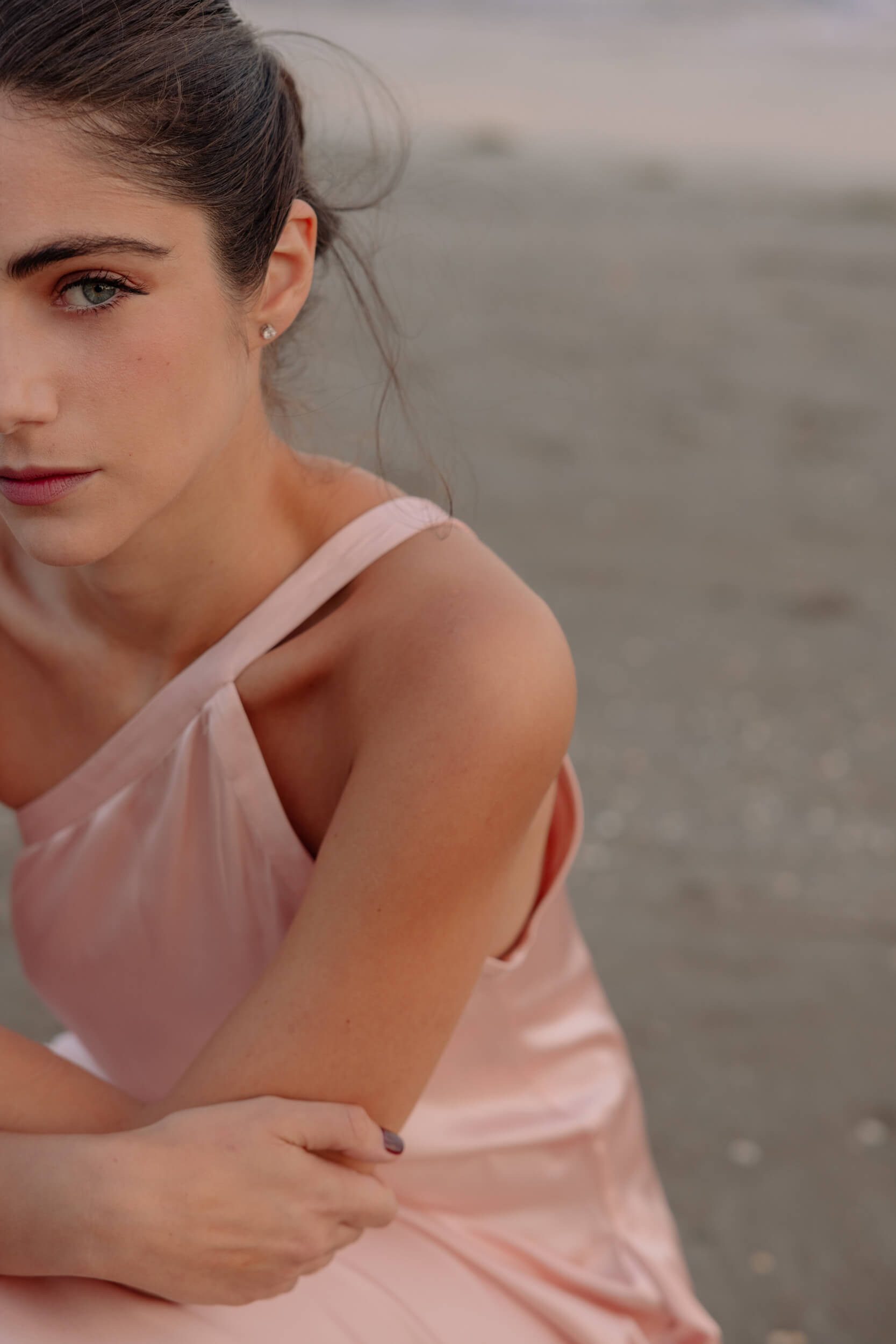
When you approach a new character in general, what distinguishes your approach? Are there rituals or processes you follow to immerse yourself in the role?
I reread the script many, many times. I look for it first in the words. I’ve also encountered characters who were described in one way but were written in another, so understanding where the writing takes me is the first thing. From there, I leverage what binds me empathetically: what moves them, what blocks them, what hurts them. Then it depends; everyone is unique, and every time it feels like I have to start learning from scratch.
How have you seen your career evolve over the years? Are there particular challenges you have faced that contributed to your development?
I believe that with this job, at least for me, for now, artistic growth goes hand in hand with human growth. For now, I fear the moments when everything seems to be going smoothly because they often follow moments of frustration. Frustration often leads to moments of human and consequently artistic growth.
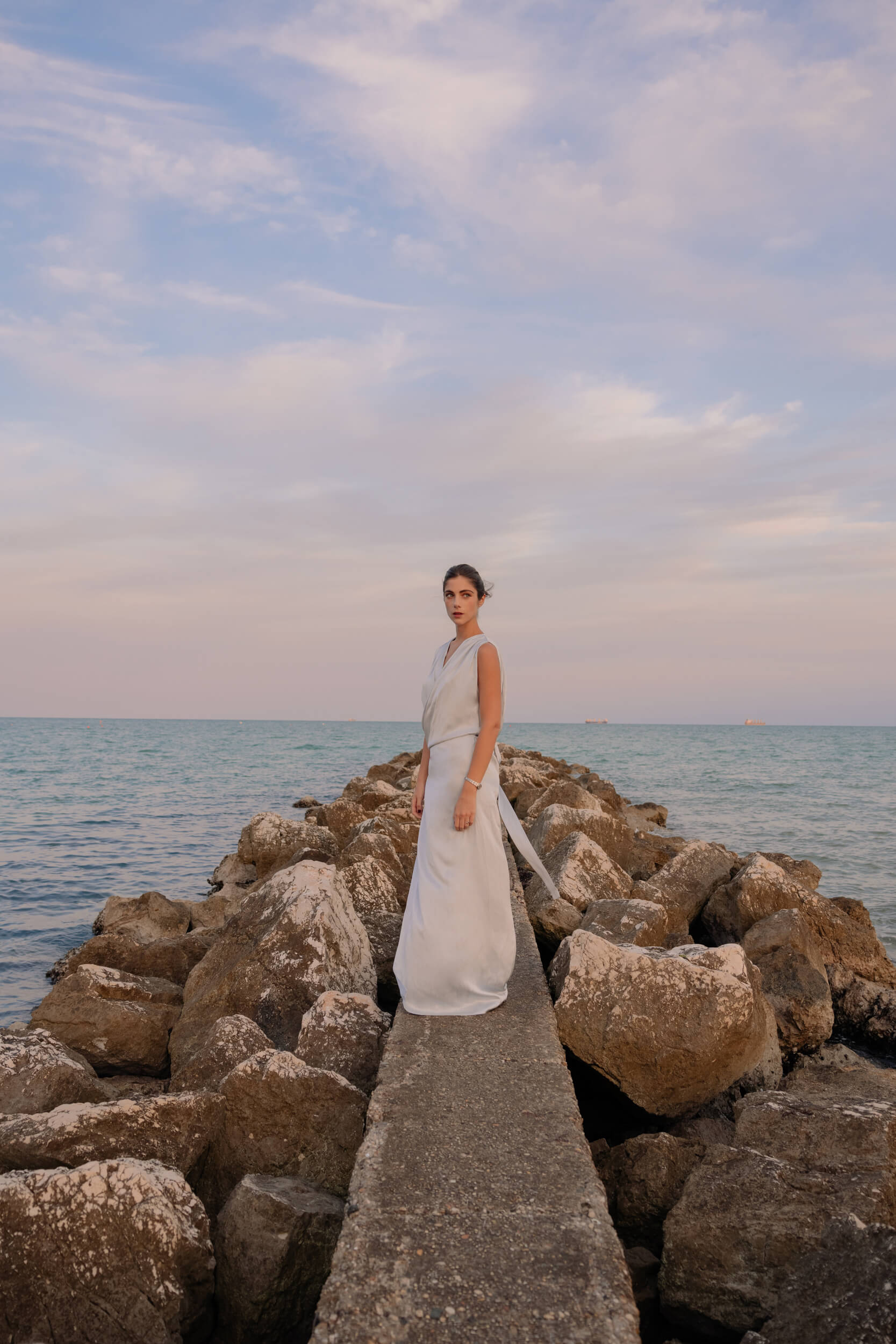
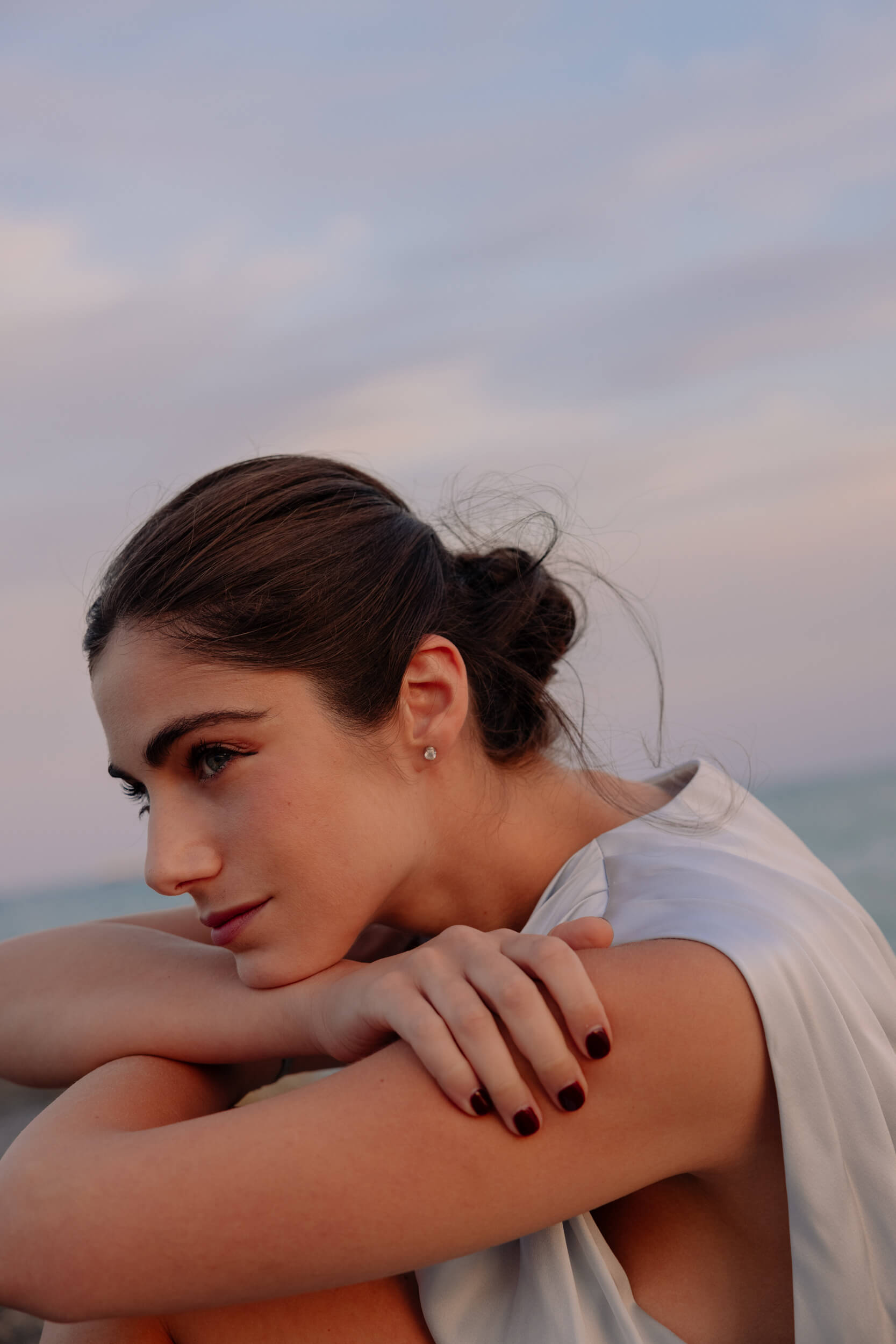
Do you have any new future projects or roles in mind that you dream of playing? Is there a genre or director you would like to work with?
I don’t have a specific genre, director, or character in mind. Of course, there are many directors I greatly admire, and I hope to work with them, but in the end, I don’t feel like making predictions. In a job where everything and nothing is possible, one can only hope for fortunate encounters, beautiful surprises, and above all, telling stories that move me, that keep me in touch with why I chose to do this job.
Throughout life, we always set new goals, depending on the phase we are going through. Some may be longer-term milestones, others are closely linked to our aspirations and desires at a specific moment. Currently, what is your main goal, and how do you plan to achieve it?
The goal is always to do my job to the best of my ability, to be sincere and not resort to tricks, to convey myself in a clear and personal way, and for this to lead me towards a path that resembles me.
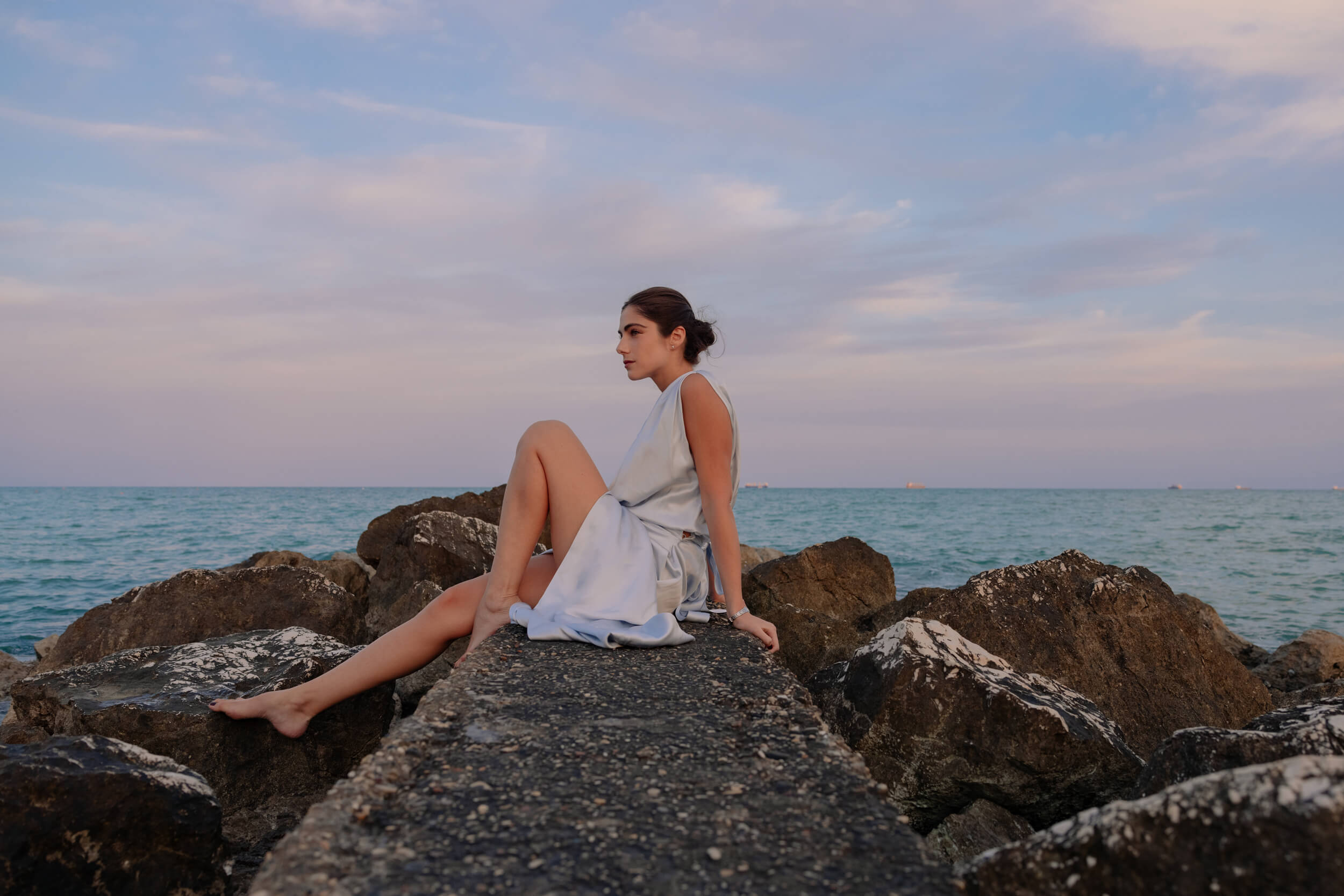
“Everything and nothing is possible”
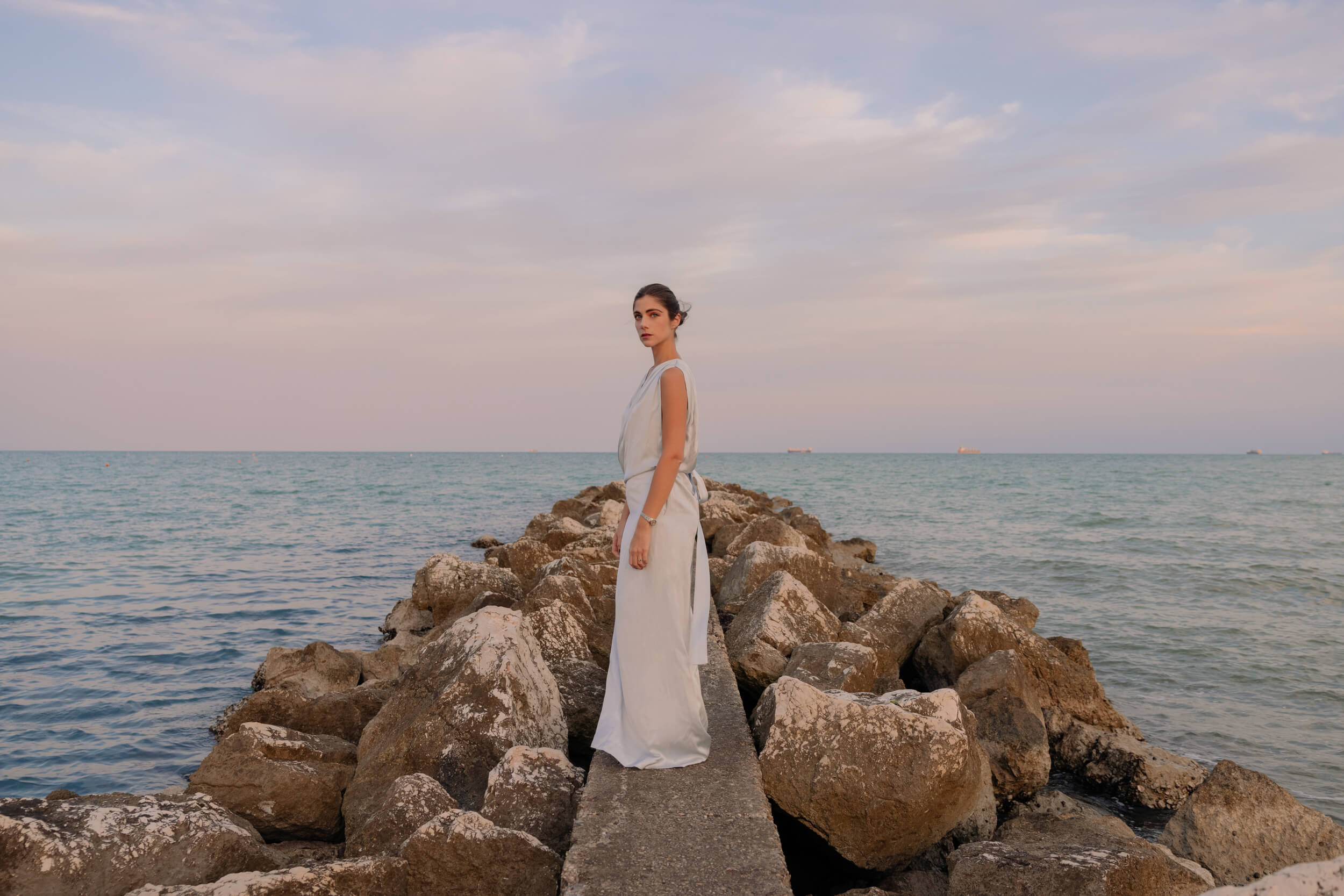
What makes you feel most secure? And what, on the other hand, makes you feel more self-confident?
My loved ones, the people I love, make me feel secure. I feel confident in myself when I’m on set and feel that my contribution has value, mental and material independence, knowing that what I have achieved I have achieved slowly, without shortcuts of any kind.
Do you have a habitual activity, hobby, or routine that is a remedy for you, something that saves or even just stabilizes you in the darkest and most difficult moments?
I like walking on foot; Rome lends itself a lot to that. It untangles the knots in my head. I like documentaries, anything that is a window into people’s lives. I am also obsessed with dogs; I watch dog videos continuously. I would love to get a dog, only I would like a big dog, and maybe my house is not suitable.
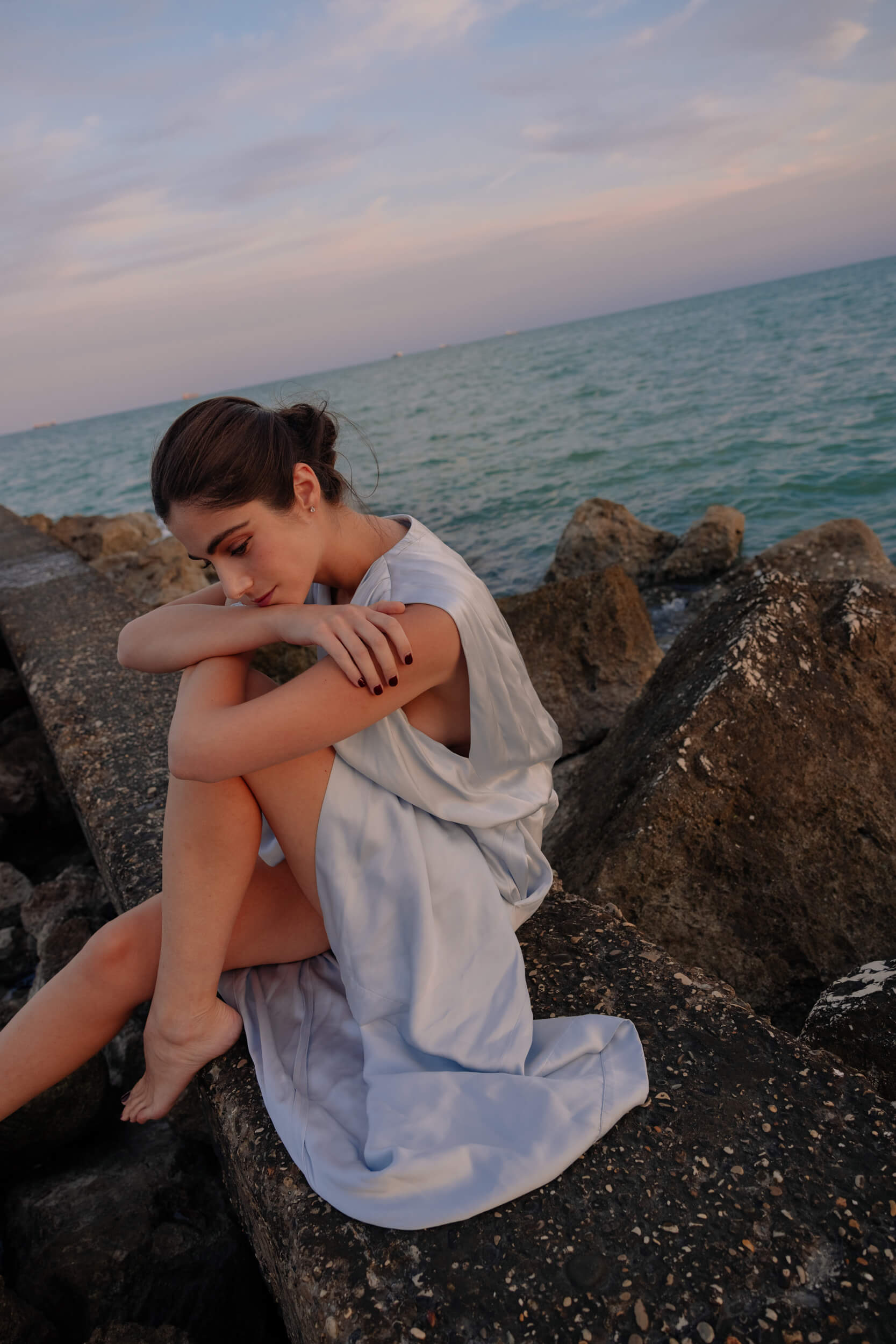
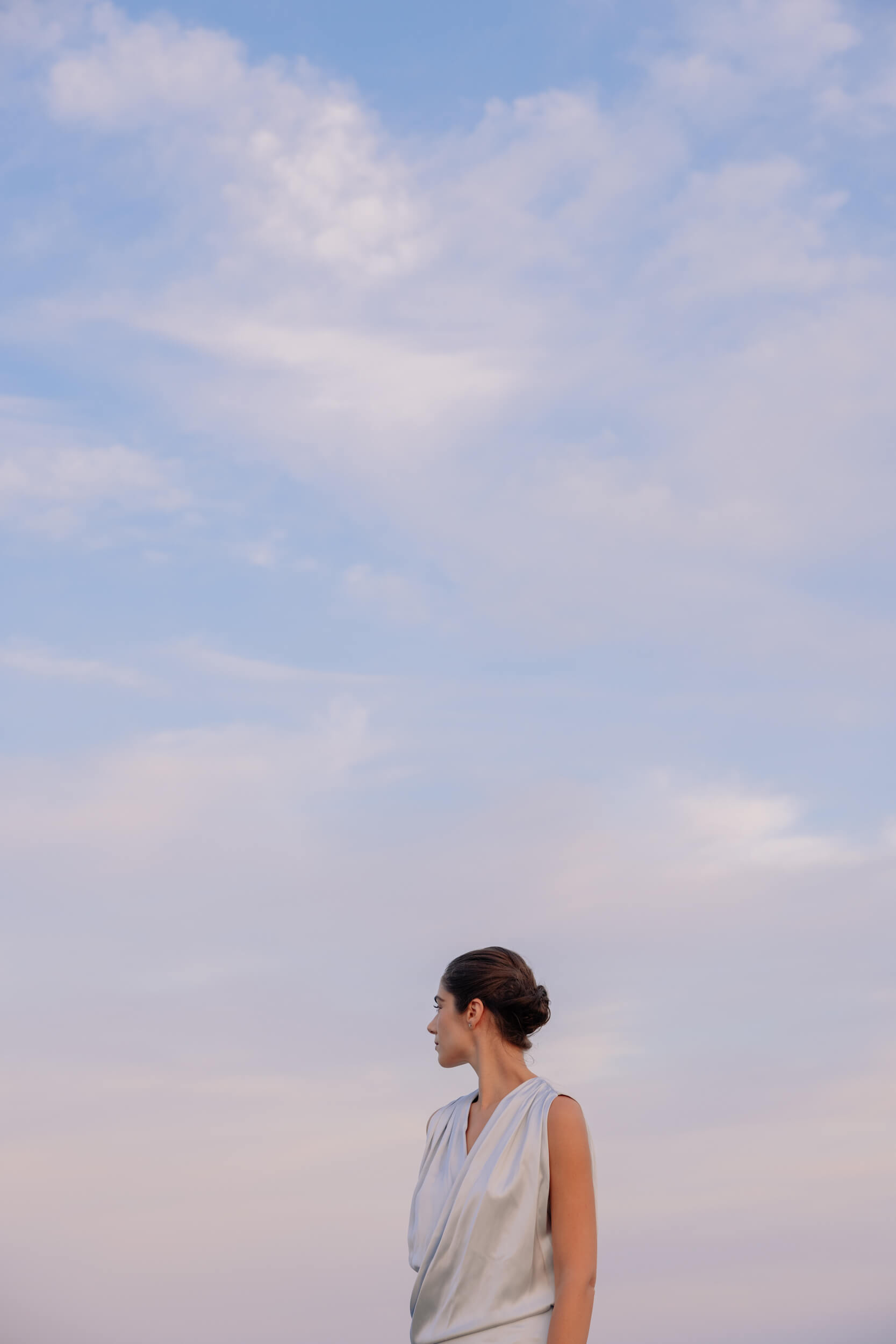
Films, like books and art in general, have the immense power to bring about changes in us. What was the last film (or artistic work) that changed you or simply gave you a new perspective on aspects of life?
If I have to choose one, the book “Finding Me” by Viola Davis.
The unreleased film that you can’t wait to see?
I’m curious to see “Poor Things”.
The film that everyone should see at least once in their life?
“Investigation of a Citizen Above Suspicion”.
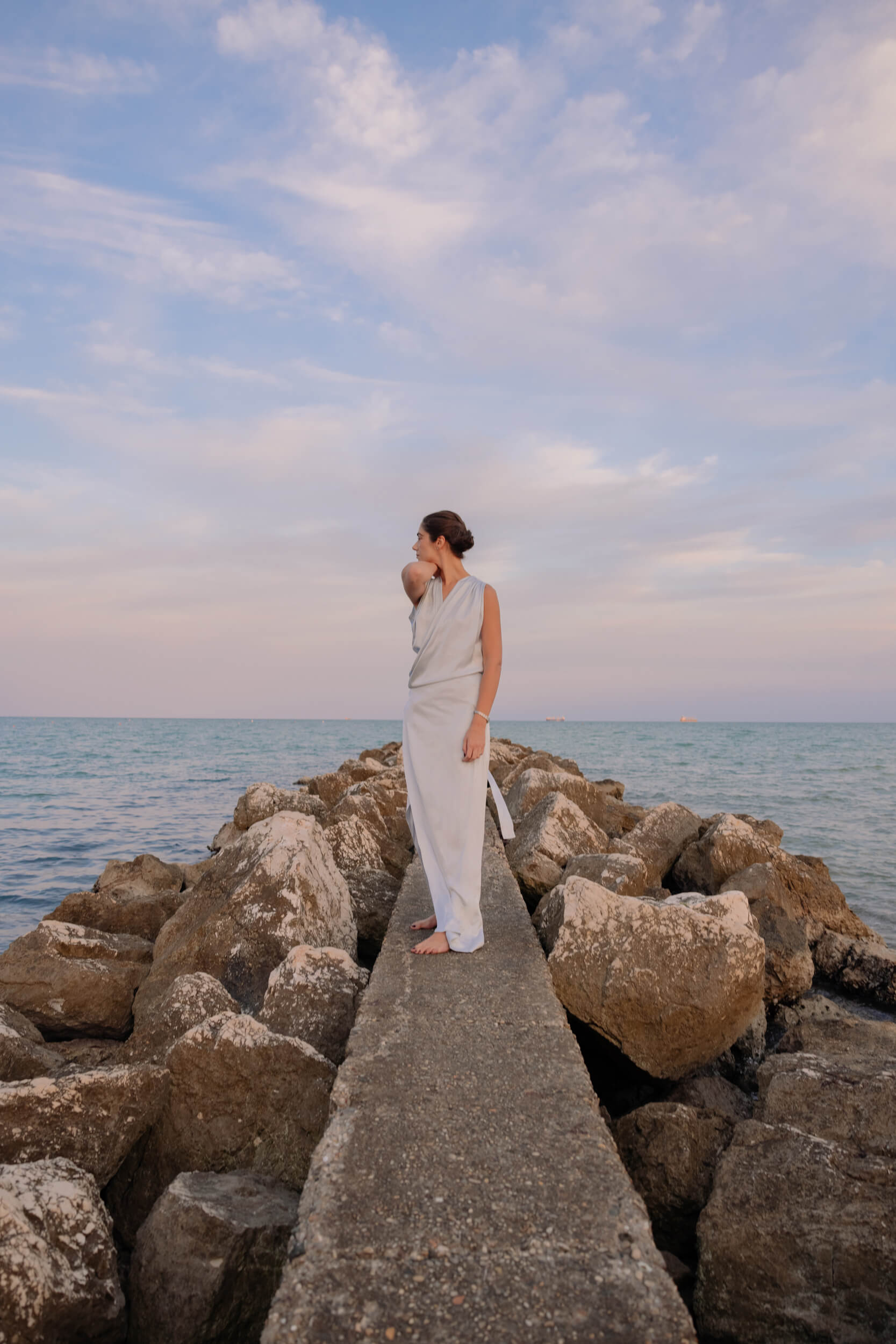
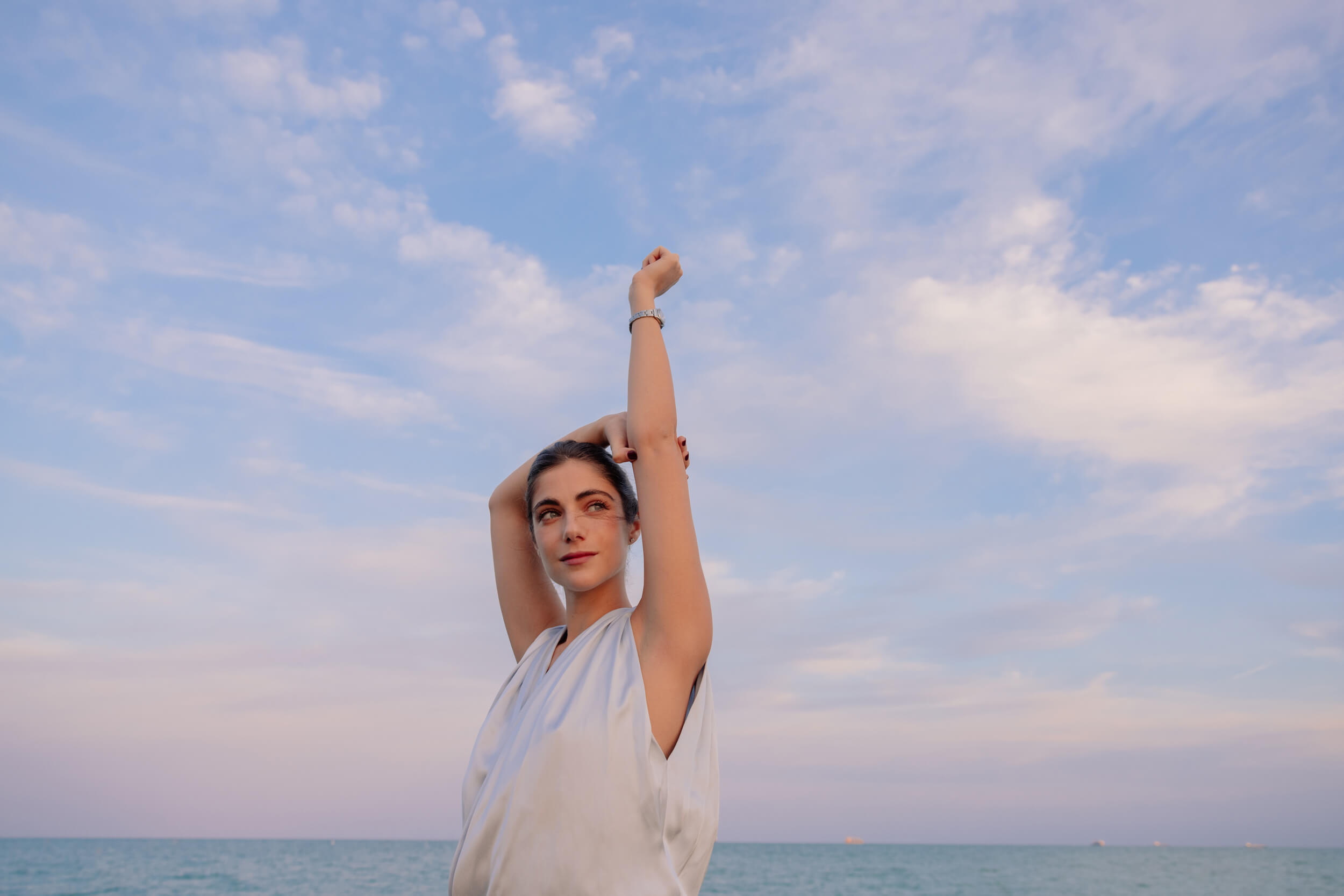
What was your greatest act of rebellion?
Finding the courage to try to enter the Centro Sperimentale. For me, it meant: this is my life; now I take the time and energy and really do what I want. All the people around me strongly discouraged me. It wasn’t an easy time. I dug into all my pockets to scrape together the money for the flight to Rome. I lived in Berlin, I was hosted alternately by friends and acquaintances, I didn’t have a penny, and everyone told me I was crazy, that I would never get in. When I passed the second phase, my mother said, “Promise me, since you won’t get in, that when the selections end, you enroll immediately in a master’s program and end this madness”. In the end, I got in, and in the end, she was happy too.
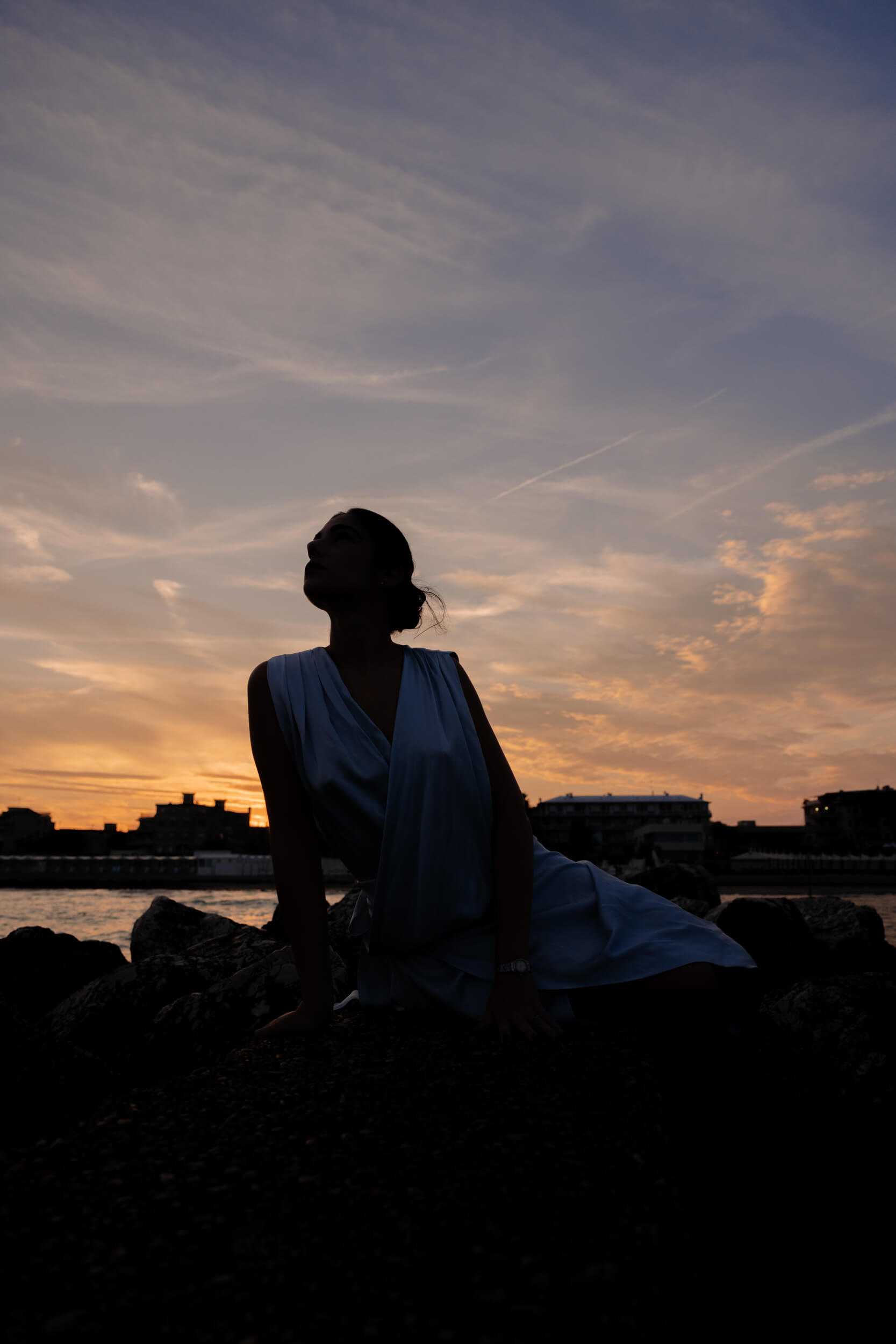
“…now I take the time and energy and really do what I want”.
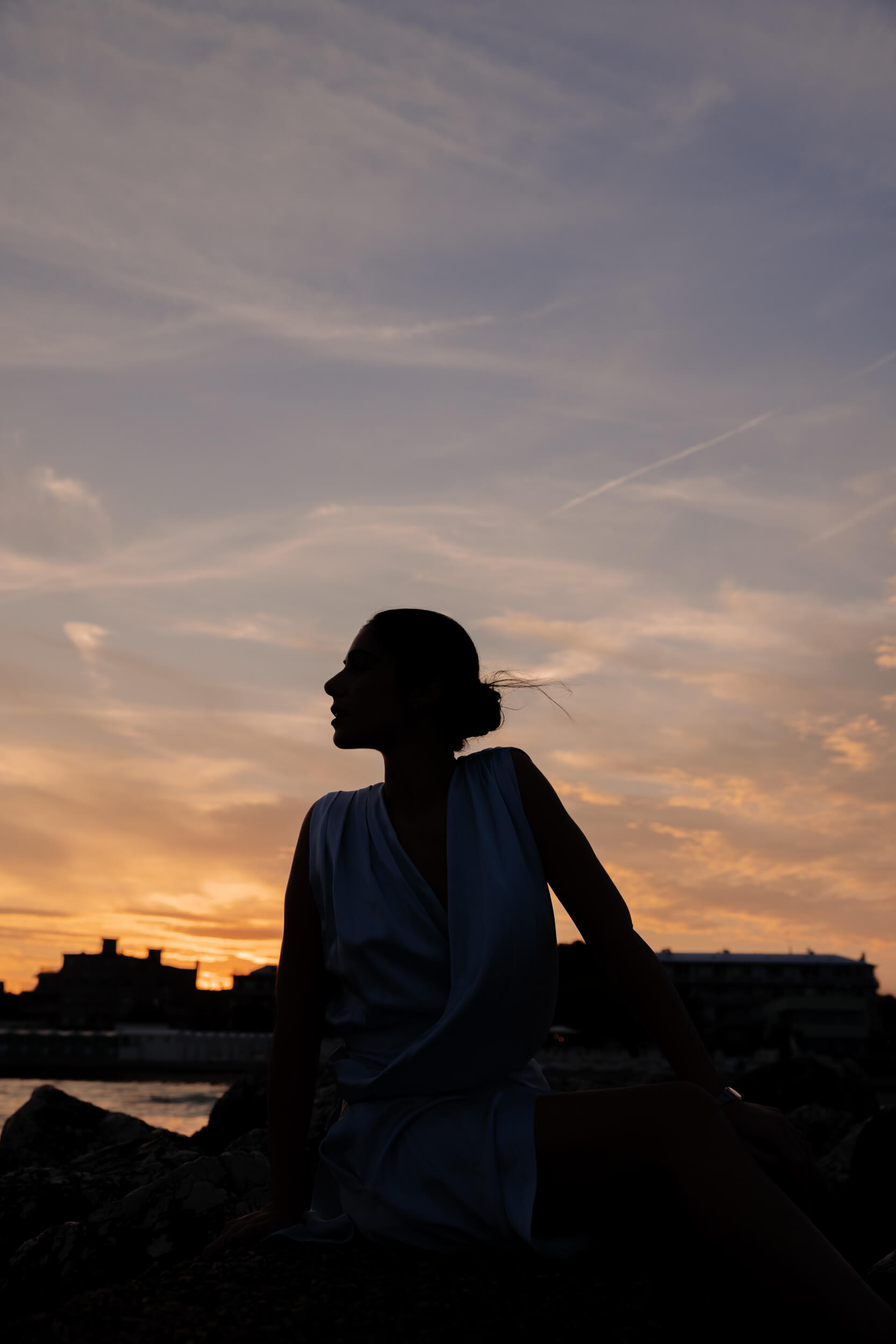
The last dream you pulled out of the drawer and the one that is not yet ready to come out.
Acting in Russian. I won’t say what hasn’t come out yet.
The last thing or person that made you smile?
I won’t say this either because I am learning to cherish beautiful things.
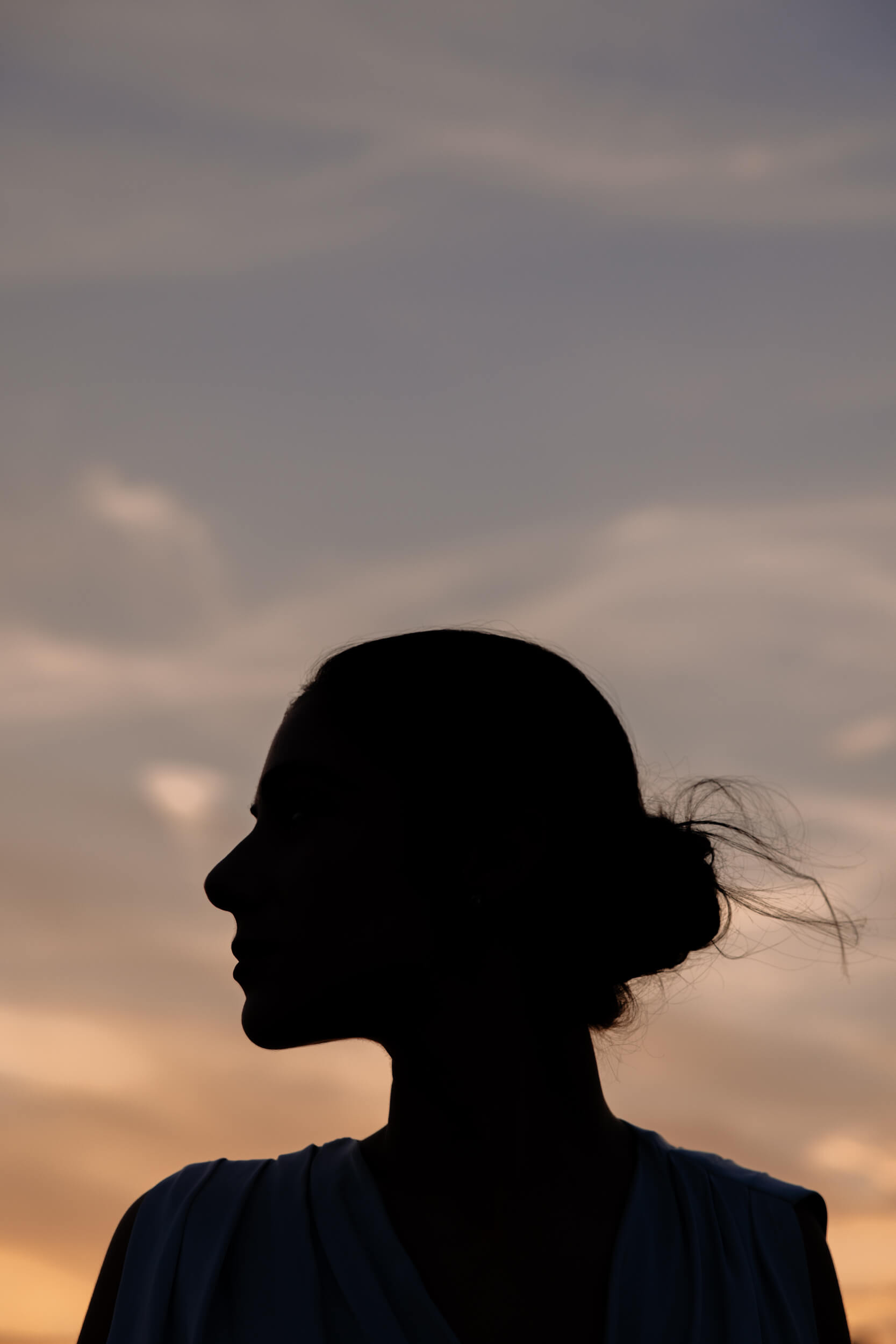
Photos by Johnny Carrano.
Thanks to Other srl.

